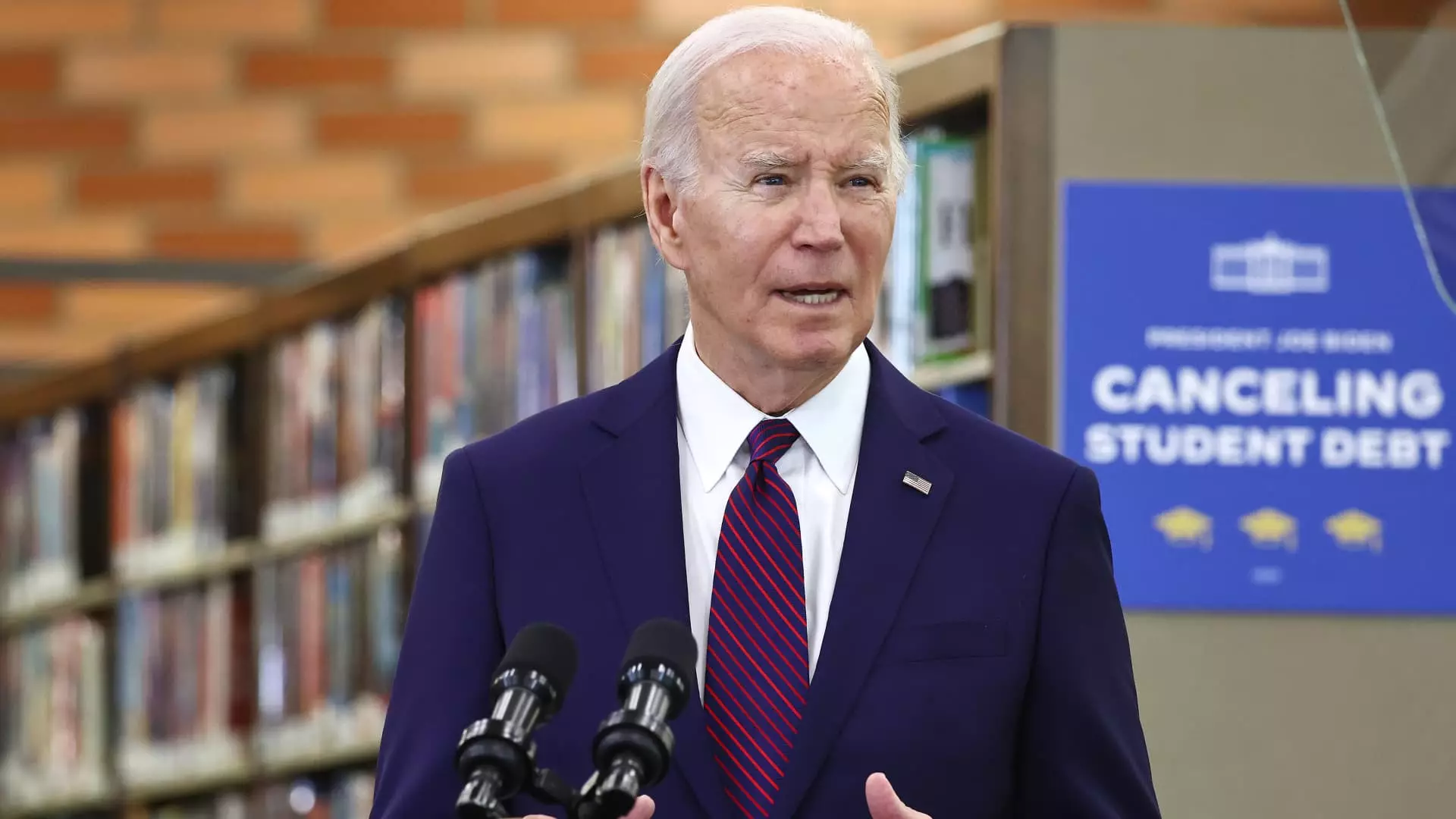President Joe Biden recently unveiled his new student loan forgiveness plan, which comes as a second attempt after his initial effort was struck down by the Supreme Court. During an event in Wisconsin, Biden highlighted the growing burden faced by working- and middle-class individuals in repaying their student loans.
Unlike his previous $400 billion loan cancellation proposal, which was deemed unconstitutional by the Supreme Court, Biden’s new plan targets specific groups of borrowers. This time, the administration aims to provide relief to individuals who are already eligible for debt cancellation under existing government programs but have not yet applied, those who have been in repayment for over 20 years on undergraduate loans or 25 years on graduate loans, individuals who attended schools of questionable value, and those facing financial hardship.
One significant aspect of the new plan is the forgiveness of up to $20,000 of unpaid interest on federal student debt for all borrowers, regardless of income. While this may seem similar to Biden’s initial proposal, critics have raised concerns about the legality and potential implications of widespread student loan forgiveness.
Following the announcement of the revised plan, Missouri Attorney General Andrew Bailey, a Republican, expressed his opposition, suggesting that the president may be overstepping his authority. Missouri was among the six Republican-led states that filed a lawsuit against Biden’s previous debt relief efforts, arguing that debt cancellation would negatively impact lenders.
As the Biden administration prepares to formally release its new student loan forgiveness plan, experts anticipate additional legal challenges. Higher education specialist Mark Kantrowitz predicts that the plan will face scrutiny, particularly from those who believe it exceeds constitutional boundaries.
President Biden’s student loan forgiveness plan represents a bold effort to address the mounting debt burden faced by millions of Americans. However, the revised proposal is not without its critics and legal obstacles. As the debate over student loan forgiveness continues, it remains to be seen how the administration will navigate these challenges and deliver meaningful relief to borrowers in need.

Leave a Reply